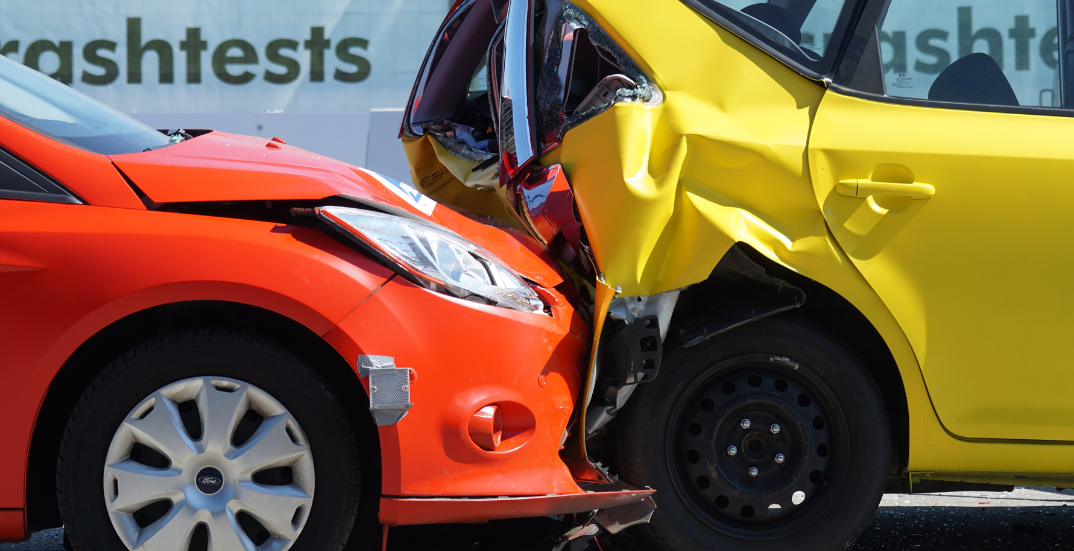
After a car accident, repairing your vehicle is just the first step in the recovery process. Unfortunately, even after making all the necessary repairs, your car may not be worth as much as it was before the crash. A vehicle that’s been involved in an accident—even if repaired to like-new condition—will generally have a lower resale or trade-in value. This reduction in value is known as “diminished value.”
Fortunately, West Virginia law allows you to file a diminished value claim to recover the difference between what your car was worth before the accident and what it’s worth now. In this article, we’ll guide you through the process of filing a diminished value claim, explain the different types of diminished value, and show you how an attorney can help maximize your compensation.
Diminished value refers to the loss of your vehicle’s market value after it’s been involved in an accident. Even after repairs, the vehicle’s history of damage will lower its value, meaning that if you try to sell or trade in your car, you won’t get as much for it as you would have before the accident.
For example, imagine you own a car worth $20,000. After an accident, even if the repairs are done perfectly, the fact that your car was in a crash may reduce its value to $17,000.
This $3,000 difference is the diminished value, and in West Virginia, you may be able to recover this amount by filing a diminished value claim.
When filing a diminished value claim in West Virginia, it’s important to understand the type of claim that applies to your situation. West Virginia allows three main types of diminished value claims:
Immediate diminished value refers to the loss in resale or trade-in value of the vehicle immediately after the accident, before any repairs are made. It represents the difference between the car’s pre-crash value and its post-accident, pre-repair value.
For instance, if your car was worth $20,000 before the crash and $12,000 immediately after, before any repairs, this $8,000 loss is the immediate diminished value.

Inherent diminished value is the most common type of diminished value claim. It refers to the vehicle’s loss of value due to its accident history, even after repairs have been completed.
Buyers are typically less willing to pay full price for a car that’s been in an accident, even if the repairs were done perfectly.
In our earlier example, the vehicle that was repaired but now has a reduced value of $17,000 compared to its pre-crash value of $20,000 has an inherent diminished value of $3,000.
Repair-related diminished value occurs when the repairs made to the vehicle after an accident are substandard or incomplete.
If the repairs are of poor quality, use inferior parts, or fail to restore the car to its pre-accident condition, this can further decrease its value.
For example, improper paint matching, structural issues, or other visible signs of damage can lead to a repair-related diminished value claim.
To file a diminished value claim, you must first prove the diminished value of your vehicle. This typically involves getting an auto appraisal to compare the car’s value before and after the accident. Here’s what you need to do:
An auto appraisal is a professional evaluation of your vehicle’s worth. The appraiser will consider your car’s condition, accident history, and market value.
A certified auto appraiser will assess the damage and give you an expert estimate of your car’s pre-accident and post-repair values. This appraisal will be crucial when filing your claim with the at-fault driver’s insurance company.
Before the accident, if you had any documentation of your car’s value—such as service records, recent trade-in offers, or appraisals—these can be used to support your claim. You’ll also need to keep detailed records of all repairs made to the vehicle after the accident, including receipts and the quality of parts used.
In West Virginia, you can file a diminished value claim with the at-fault driver’s insurance company. Here’s how the process works:
First, ensure that you are eligible to file a diminished value claim. In West Virginia, you can only file if the accident was caused by someone else. If you were at fault for the accident, you won’t be able to recover diminished value compensation.
Once you have your auto appraisal, file a claim with the at-fault driver’s insurance provider. You can seek compensation for the diminished value of your vehicle at the same time as you file for medical expenses or vehicle repair costs.
Submit your auto appraisal and any supporting documents to the insurer to prove your vehicle’s reduced value.
If the at-fault party’s insurance company denies your diminished value claim, you may still have options. You can try filing with your own insurance provider if you have the right coverage.
Additionally, hiring an attorney to help negotiate with the insurance companies can significantly improve your chances of getting fair compensation.
Unfortunately, filing a diminished value claim isn’t always straightforward. Insurance companies often try to minimize payouts, especially for diminished value claims. Here are some common challenges you may encounter:
Insurance companies may argue that your vehicle’s repairs fully restored its value, or they may dispute the appraiser’s valuation. They could also argue that the diminished value is less than what you claim or that the accident wasn’t severe enough to warrant compensation.
Hiring an experienced car accident lawyer can help you navigate these challenges. A lawyer can ensure that your auto appraisal is accurate, help gather supporting evidence, and negotiate with the insurance company on your behalf.
Having an attorney on your side can increase the likelihood of a successful claim and maximize your compensation.

Working with a lawyer can make the entire process of filing a diminished value claim smoother and more rewarding. Here’s how an attorney can help:
An experienced attorney can guide you through every step of the claims process. From gathering evidence and filing paperwork to negotiating with the insurance company, a lawyer ensures that your case is handled professionally and that all deadlines are met.
Insurance companies typically offer lower settlements to claimants who don’t have legal representation. By hiring a lawyer, you can significantly increase your chances of receiving full compensation for the diminished value of your vehicle.
No, you can only file a diminished value claim if the accident was caused by another driver.
Diminished value is calculated as the difference between the vehicle’s value before the accident and its value after repairs.
You generally have two years to file a diminished value claim in West Virginia, but it’s best to consult a lawyer to ensure you meet all deadlines.
If you’ve been in an auto accident in West Virginia, don’t let the diminished value of your vehicle go uncompensated. A diminished value claim can help you recover the financial difference between your car’s pre-accident and post-repair value. At Manchin Injury Law Group, we’re here to help you navigate the claims process and fight for the compensation you deserve.
If you’re ready to file a diminished value claim or need assistance, contact our experienced car accident attorneys today. We can help you gather evidence, negotiate with insurers, and maximize your compensation. Call us today at (304)367-1862 or visit our website to schedule a free consultation.

Member at Manchin Injury Law Group
Attorney at Personal Injury

Attorney Timothy Manchin established the Manchin Injury Law Group in 2011 after his law partner of more than 25 years became a West Virginia circuit court judge. His focus is on helping individual clients and entire families victimized by negligent acts.
We offer a free initial consultation at our office in the Manchin Professional Building — our home since 1983 — conveniently located in Fairmont.
If you are unable to visit our firm, we can come to your home or hospital room.
Fill out the form below to get in touch!